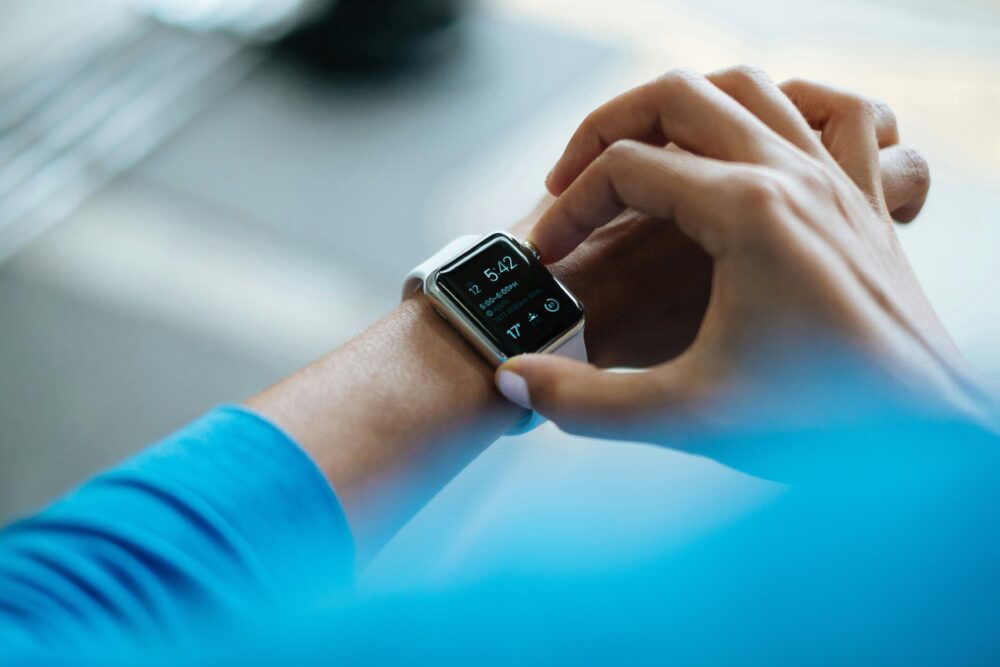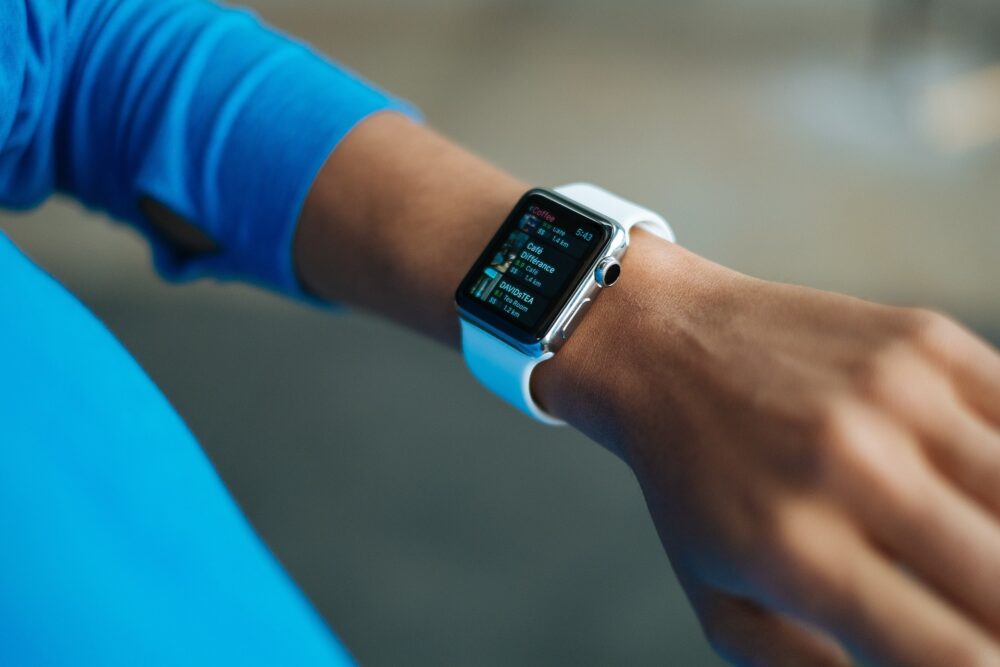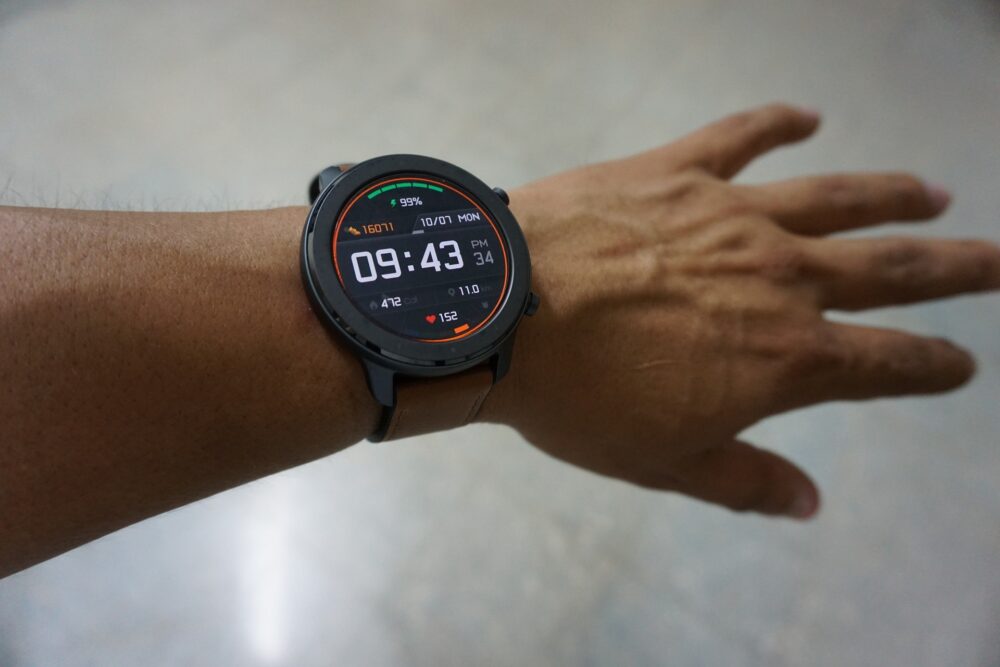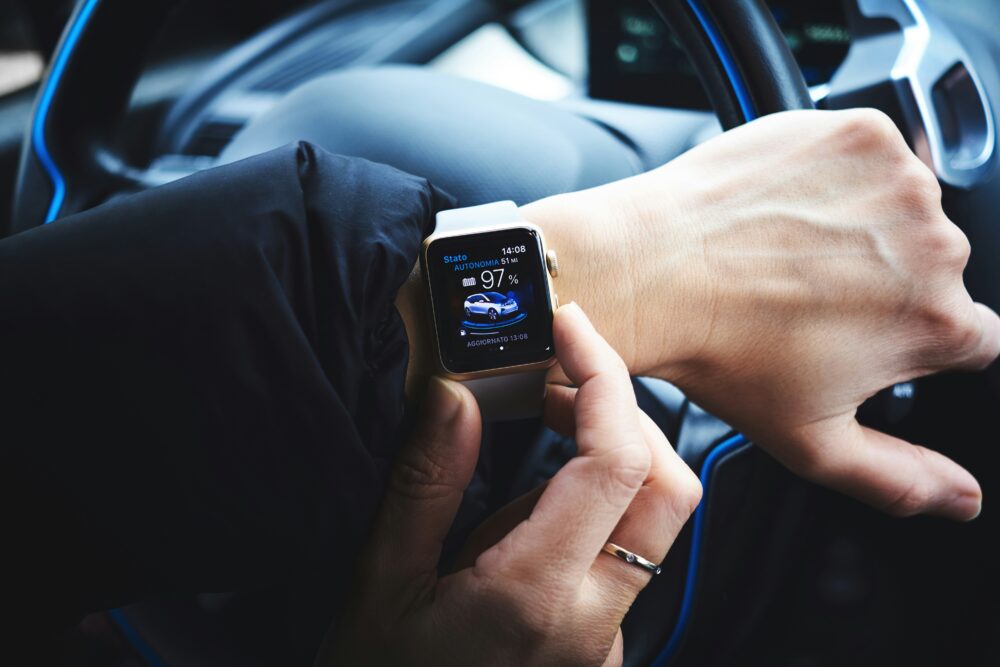
Wearable know-how has change into more and more prevalent in our each day lives, promising comfort, connectivity, and enhanced performance. From health trackers to smartwatches, wearable units supply a variety of options designed to enhance productiveness, monitor well being, and streamline communication. Nonetheless, as wearable tech continues to evolve, it additionally brings about surprising penalties that warrant nearer examination. On this article, we’ll discover 10 wearable tech traits with surprising penalties and their implications for people and society.
1. Privateness Issues

One of the vital vital penalties of wearable tech is the erosion of privateness boundaries. Units like smartwatches and health trackers acquire huge quantities of private knowledge, together with location, exercise ranges, and even biometric data. Whereas this knowledge may be helpful for enhancing person experiences, it additionally raises considerations about knowledge safety, unauthorized entry, and potential misuse by third events.
2. Well being Monitoring Dependency

Wearable well being monitoring units, corresponding to smartwatches with coronary heart fee displays and sleep trackers, can promote consciousness of well being metrics and encourage more healthy life-style selections. Nonetheless, some customers might change into overly reliant on these units, counting on them for self-diagnosis or ignoring different essential indicators of well being. This dependency on wearable well being tech might have unintended penalties for people’ bodily and psychological well-being.
3. Social Distraction

The proliferation of wearable tech has contributed to the phenomenon of fixed connectivity, blurring the boundaries between work, leisure, and social interactions. Smartwatches and different wearable units generally is a supply of distraction, continuously buzzing with notifications and alerts that demand consideration. This steady stream of interruptions can disrupt productiveness, enhance stress ranges, and detract from significant face-to-face interactions.
4. Technological Surveillance

Wearable units outfitted with GPS monitoring and biometric sensors allow real-time monitoring of people’ actions and physiological knowledge. Whereas this know-how can have sensible purposes for health monitoring and private security, it additionally raises considerations about surveillance and management. Employers, insurers, and different entities might use wearable tech to watch and analyze people’ conduct, probably infringing on privateness rights and autonomy.
5. Environmental Influence

The manufacturing and disposal of wearable tech units contribute to environmental air pollution and useful resource depletion. The manufacturing course of typically includes the extraction of uncommon earth minerals and the usage of hazardous chemical substances, leading to ecological injury and environmental degradation. Moreover, digital waste generated from discarded wearable units provides to the worldwide e-waste downside, posing dangers to human well being and the setting if not correctly managed.
6. Psychological Results

Steady publicity to notifications and alerts from wearable units can have psychological results, together with elevated stress, anxiousness, and cognitive overload. The fixed inflow of knowledge can overwhelm customers’ cognitive assets, resulting in determination fatigue and psychological exhaustion. Furthermore, the strain to satisfy efficiency targets set by wearable tech can exacerbate emotions of inadequacy and self-doubt, contributing to psychological well being points corresponding to anxiousness and despair.
7. Disconnection from Nature

Wearable tech that tracks and quantifies outside actions, corresponding to mountain climbing or tenting, might inadvertently promote a disconnection from nature. Customers might change into extra centered on attaining exercise objectives or documenting their experiences via wearable units, reasonably than totally immersing themselves within the pure setting. This detachment from nature might diminish the therapeutic advantages of out of doors recreation and undermine efforts to foster environmental stewardship and conservation.
8. Sleep Disruption

Using wearable tech units, corresponding to smartwatches and health trackers, within the bed room can disrupt sleep patterns and high quality. The blue gentle emitted by digital screens can intervene with the physique’s pure sleep-wake cycle, suppressing the manufacturing of melatonin and disrupting circadian rhythms. Moreover, the temptation to test notifications or have interaction in screen-based actions earlier than bedtime can lengthen sleep onset and cut back general sleep period.
9. Medicalization of Regular Features

The widespread adoption of wearable well being monitoring units might contribute to the medicalization of regular bodily capabilities. Customers might change into overly preoccupied with monitoring their coronary heart fee, sleep patterns, and exercise ranges, decoding minor fluctuations as indicators of underlying well being points. This medicalization of on a regular basis experiences can foster hypervigilance and well being anxiousness, perpetuating a tradition of surveillance and self-monitoring.
10. Erosion of Human Connection

Regardless of the promise of connectivity, wearable tech can generally result in the erosion of real human connection and intimacy. Fixed engagement with digital units can distract people from significant face-to-face interactions and diminish the standard of interpersonal relationships. Furthermore, the reliance on know-how for communication might hinder empathy, emotional intelligence, and genuine expression, contributing to emotions of social isolation and disconnection.
Tech Affords Many Advantages and Conveniences

In conclusion, whereas wearable tech presents many advantages and conveniences, it additionally brings about surprising penalties that warrant crucial examination. From privateness considerations and cybersecurity vulnerabilities to psychological results and environmental affect, the proliferation of wearable units has far-reaching implications for people and society. As wearable tech continues to evolve, it’s important to think about the unintended penalties and moral implications of its use, and to prioritize the well-being and autonomy of customers within the design and implementation of wearable know-how options.








